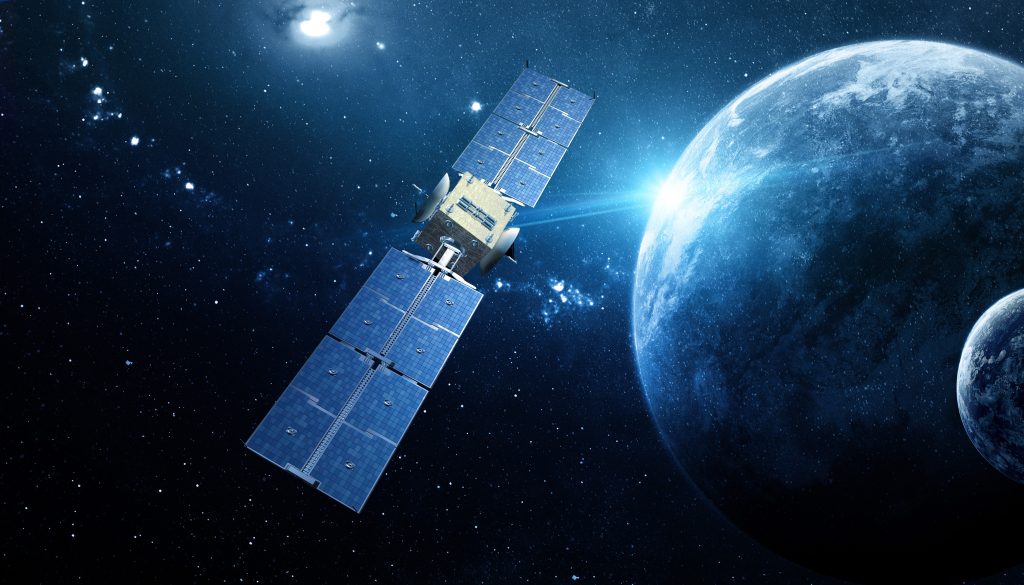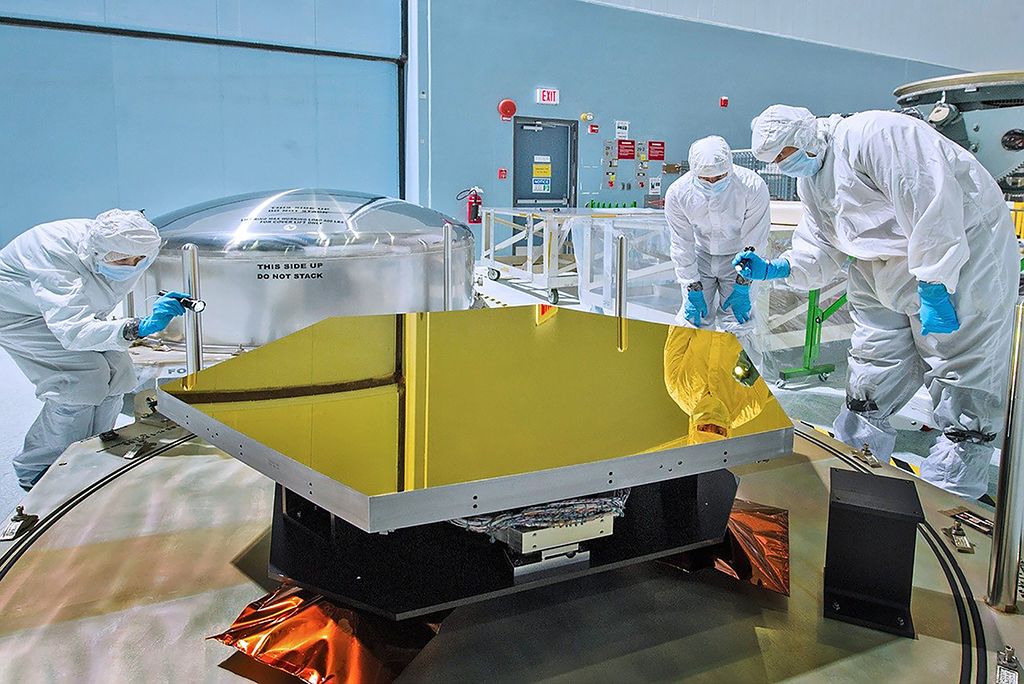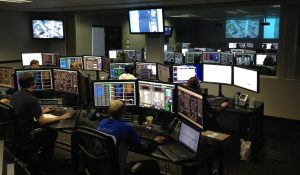Sapienza's Space Engineering Jobs at ESA
Sapienza Consulting is a leading provider of space mission and project support through people, software and services. We are currently recruiting for some exciting job opportunities at the European Space Agency (ESA) in the Netherlands, UK, France and Germany.
We can help you find the job that suits you or make the career move you need just right now. If you are an engineer, who wants to work on innovative cutting-edge technology in a vibrant and amazing international environment, then keep reading!
Land your next space job by applying for one of our open space engineering vacancies available on SDS-jobs.com.
Related Areas: Sapienza Jobs

Applications Developer (ESA-ESTEC)

Serco Europe
The Netherlands, Noordwijk
Software Engineering
Permanent
Vocational
Apply now
27 days left
Our Space Engineering jobs at ESA
Do you want to work as an engineer for the European Space Agency (ESA) across Europe? Sapienza Consulting now offers many exciting job opportunities in the engineering field exclusively via the Space Defence Security Jobs platform. Working at one of the ESA’s site via Sapienza Consulting offers more than a promising career; it brings you close to the latest innovations of the European space industry.
If it sounds like you, and interested in working at the forefront of cutting edge technology development in the space industry, explore our currently open positions in a variety of space engineering areas below for a limited amount of time and apply today.
Radio Frequency Systems, Payloads and Technology
Within ESA there are a large number of positions that focus on RF systems as they are used throughout telecommunications, scientific and earth observation and navigation domains. The roles within these areas vary depending on the need / knowledge for a specific technology set and with the end application of the system requirements.
Typical technology needs in this area could include:
- Design, modelling, architectural trade-off and performance assessment of advanced RF payloads and instruments (active and passive; Synthetic Aperture Radars, Altimeters, Scatterometers, Radiometers, low and high power Amplifiers, Filters, Frequency Converters)
- Knowledge of frequency relative to the specific application: UHF, S, X and Ka for near Earth and deep space scientific mission and S, C, X and Ka band for inter-orbit communication
- Antenna modelling tools: GRASP8, POS4, CHAMP, HFSS
- Participation in testing campaigns: Spherical, Planar, Cylindrical Near Field, Compact Range and Material RF Characterization
- Software and simulation tools and programming: Matlab/Simulink, ADS/VSS, C/C++, Python

In addition, this domain can include activities related to the study, design, analyses and test of radio navigation systems (GPS, GLONASS, GALILEO, etc.) and augmentation (EGNOS, WAAS, QZSS, etc.), radio navigation equipment for space and terrestrial applications, radio navigation signals and signal processing.
These roles typically require knowledge and experience in:
- system and receiver performance for Ground Segment receivers and user receivers (multi-frequency and multi-constellation)
- ranging and positioning techniques and technologies (PPP, RTK), including latest trends in high accuracy and robust / hybrid PNT or PVT
- non-GNSS positioning systems (alternative PNT, 5G and associated user technologies)
- advanced signal processing and estimation algorithms (MIMO signal processing, kalman filter, particle filter, artificial intelligence and machine learning for sensor fusion)
- holder or able to obtain EU security clearance
Product Assurance & Safety
Product Assurance and Safety is a very specific type of position in the space industry and a crucial role within ESA. PA Engineers are specifically tasked to ensuring that the entire duration of a mission is protected from any type of failure, whether it be material, mechanical, electrical, software, component, sub-system, system, decommissioning or a process level. As the experts in compliance, PA&S Engineers are the safeguard of ECSS standards and the checkpoint of all mission phases.

Typical requirements in these areas could include:
- Strong knowledge of space review cycles and terminology and ECSS standards (waivers, deviation, non-conformances, anomaly reviews, mandatory and key inspection points, etc)
- Knowledge of configuration management and project baselines
- Knowledge of criticality classification and failure consequences in various systems
See Product Assurance & Safety Engineering Jobs
Mission Critical Software
Within the space industry there is a wide variety of mission critical software, whether on-board software or ground segment software – all must ensure high reliability, efficiency and dependability. As mission critical, any software produced needs to be coded and tested following dependable software engineering methods and software product assurance requirements (ECSS standards).
In addition, on-board software typically runs on specialised microprocessors that have memory limitations and computational resources and are typically expected to be able to run for at least ten years with no flight prototype possibilities and with no patching required. Some may include specialised services to electrical interfaces and buses that have additional real-time requirements for data processing. (e.g. OBDH, MIL1553, CAN buses, Spacewire).
The ground segment process payload data with an ever increasing requirement of higher throughputs as well as continuously changing security requirements. With complex infrastructures, ground segments software engineers need to work on system level to ensure interoperability.
All these prerequisites lead to strong requirements for software validation to be performed before and after software is integrated at system level.

Typical requirements in this domain include:
- ECSS-E-ST-40C and ECSS-E-ST-70-41A;
- Software Engineering tools: GNU/Linux, Makefile, Python, gcc, git;
- Programming languages: C/C++, Ada, TCL (primarily);
- Embedded Real Time Systems and Real Time Kernels;
- Micro-processors such as SPARC LEON, ARM, multicore’s etc.;
- Communication protocols (Mil-1553, SpaceWire, CAN);
- End to End vehicle dynamics modelling with implementation in 6DoF simulation environments (Matlab, Simulink, DSpace);
- Machine Learning applications for data processing: image processing, anomaly detection, predictive maintenance;
- End to end cyber security systems: Information security system requirements analysis, architecture and design, protection against AI-enabled attacks and threat vectors;
- Knowledge in (Model-Based) Software production, test processes and associated tools (e.g. Capella, Enterprise Architect, On-Board Software Reference Architecture, TASTE).
General requirements of our Space Engineering jobs:
- Fluency in English. Knowledge of another member state language is an advantage;
- Master’s degree in a relevant field;
- 4 years of relevant professional experience in a relevant field;
- Eligible to work in the EU;
- EU Secret Security clearance is considered an advantage;
- Candidates without the required degree or years of experience are encouraged to send in their CV as well as these are not hard requirements.